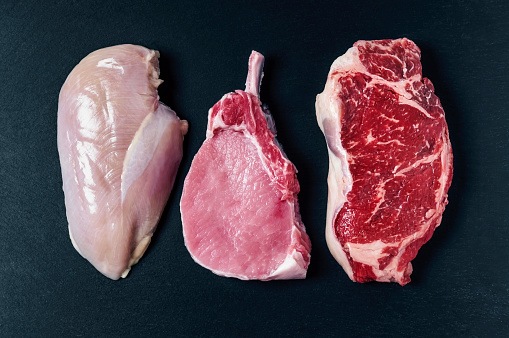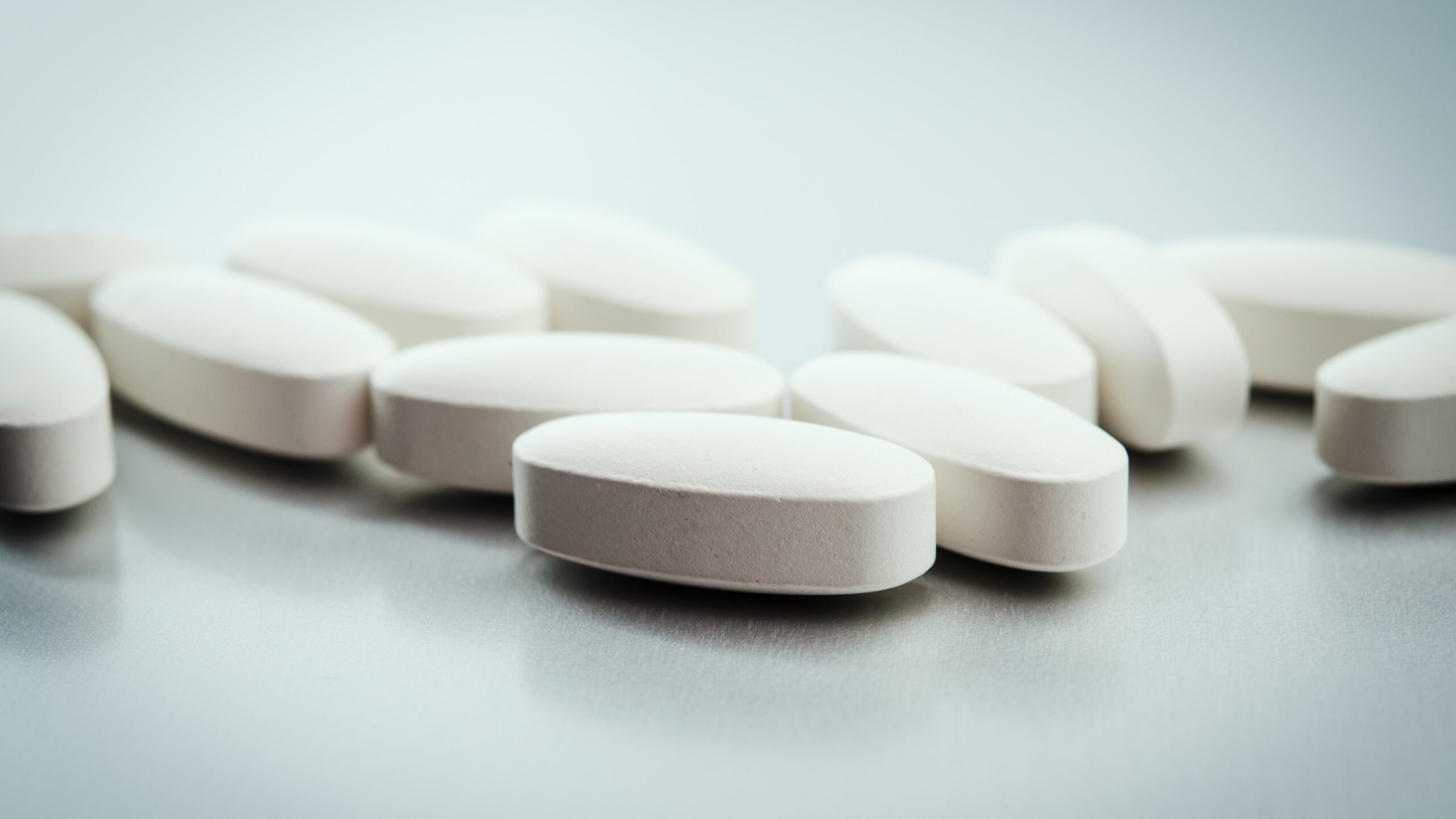
The advent of social media has added to the interest in fad diets. The surge of support for these diets, including the carnivore diet, is based solely on historical and anecdotal evidence. While diets higher in animal protein run counter to current guidelines for the management of kidney stones, there are few data available on the effect of the carnivore diet on kidney stones.
During a presentation of a poster titled You Are What You Eat: Should it Be all Meat? Hannah E. Wilson, MD-PhD candidate, and Sharon M. Moe, MD, of the Indiana University School of Medicine, Indianapolis, described a case study of a patient with a history of kidney stone disease, gout, and hypertension. The poster was presented at ASN Kidney Week 2024.
The male patient was 73 years of age and had been referred to nephrology care. At 45 years old, kidney stones were first seen incidentally on x-ray, followed by first stone passage at 55 years and nine lithotripsies. In 2012, the patient was referred to stone clinic for 90% calcium oxalate/10% calcium phosphate stones and initiated hydrochlorothiazide as well as a diet calling for low sodium and low protein. Due to continued stone growth, he was increased to 25 mg chlorthalidone in 2018; following the dose increase he no longer formed additional stones.
Six months prior to his nephrology appointment in 2023, the patient had two gout attacks 2 weeks apart. His primary care physician (PCP) advised him to watch a YouTube video made by a physician on the carnivore diet for the treatment of gout. With advice from his PCP, the patient modified his diet to include 90% meat with only rare fruit and vegetable consumption.
Results of 24-hour urine studies performed 6 months prior to and 6 months following the change to the carnivore diet revealed a doubling of uric acid and uric acid supersaturation despite similar volumes, resulting in an increased risk for uric acid and calcium oxalate stones. There was also an increase in urine calcium, most likely due to increased intake of sodium or increased acid load associated with high purine consumption. As expected, citrate decreased, likely due to acid load and reduced consumption of fruits and vegetables.
The researchers said, “The increase in oxalate confirms disputed study findings that urinary oxalate excretion increases in high animal protein diets. One rationale is that lower dairy intake may have increased intestinal oxalate absorption due to reduced calcium to bind oxalate. Our patient demonstrates an increased risk of stone formation after adoption of the carnivore diet. This presents a need for high-quality evidence to examine fad diets and necessitates informing patients of the potential harms of pursuing health information on social media.”
Source: Wilson HE, Moe SM. You are what you eat: should it be all meat? FR-PO1072. Abstract of a poster presented at the American Society of Nephrology Kidney Week 2024; October 25, 2024; San Diego, California.







 © 2025 Mashup Media, LLC, a Formedics Property. All Rights Reserved.
© 2025 Mashup Media, LLC, a Formedics Property. All Rights Reserved.